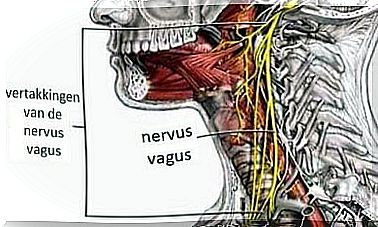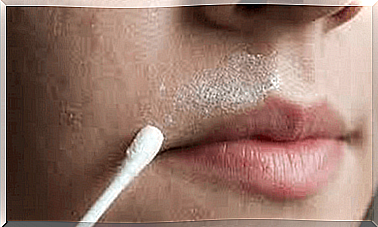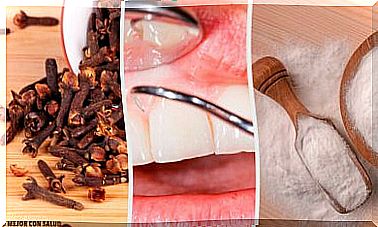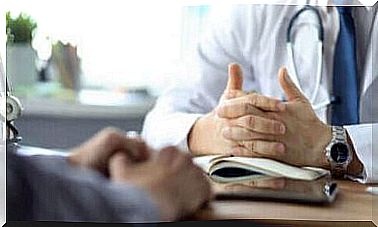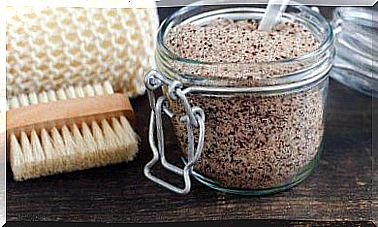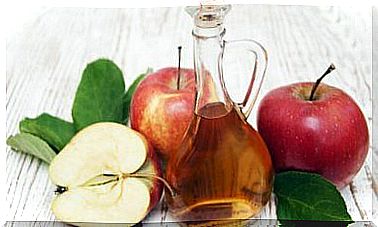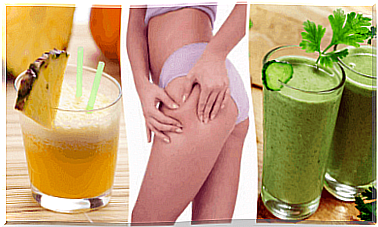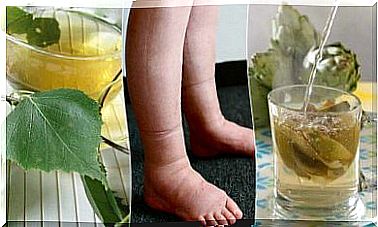The Causes And Treatment Of Painful Muscle Cramps
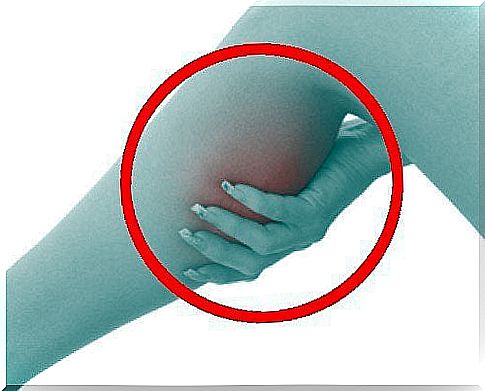
We speak of muscle cramps or spasms when one or more muscles contract involuntarily. Because the muscle can no longer relax, this causes mild or severe painful muscle cramps.
Muscle cramps mainly occur in the back of your legs or thighs, but can also occur in the feet, arms, and other muscle groups in the body.
People who regularly experience painful muscle cramps may also experience unpleasant feelings of stiffness and tension, which may disappear on their own within a few minutes.
However, some people also experience severe feelings of discomfort in the affected muscles or surrounding tissue, which can sometimes last for a few hours.
Although cramps are considered a benign problem, many people try to do something about it , as the problem can interfere with their sleep or other important daily activities.
That’s why it’s important to know what the possible causes of cramping are and what you can do to solve this problem without having to resort to painkillers or other medications.
In this article, we share detailed information about this problem and practical advice to do something about it right away. Try it yourself!
The causes of muscle cramps

- Several factors are associated with the appearance of painful muscle cramps. Physical exhaustion, pregnancy and age are some possible triggers.
- In most cases, however, muscle cramps occur when the oxygen supply to certain muscle groups is restricted or when there is an excessive loss of fluids, mineral salts and proteins.
- A diet low in magnesium and potassium can also cause recurring muscle cramps. Both minerals make the muscles stronger and cause the muscles to relax. In addition, they promote blood circulation.
- Less common causes of muscle cramps include certain diseases, especially diseases related to the digestive system and poisoning.
- Another theory states that cramps could be related to inefficient biomechanics, which can also pose a risk to your cardiovascular health.
How do you treat that painful muscle cramp?
It would be best to take preventive measures to protect yourself from this annoying problem. However, there are also a few home remedies that can help you when the cramping has already set in.
drink more water
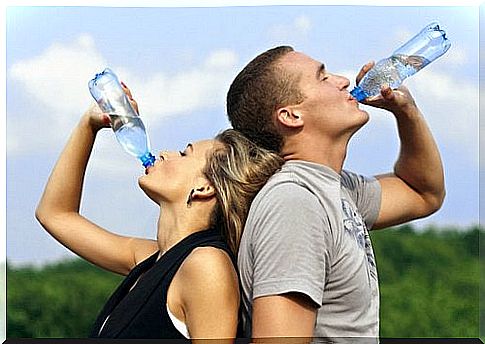
Drinking water is essential to prevent and treat this muscle problem. Water can help activate circulation and improve oxygen delivery to muscle cells in the body.
Sports drinks are a great option to rehydrate your body, especially if you’ve lost a lot of fluids during physical activity or the heat. Sports drinks are especially recommended for athletes, as these drinks replenish the minerals lost to the body through sweat.
Use a pitcher or cold compress
A hot water bottle can help relax the muscles during a spasm. A cold compress can help activate your circulation after the cramp has subsided.
Do stretching exercises
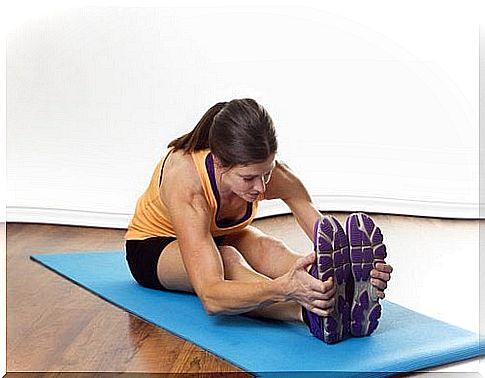
Stretching is the best way to counteract and prevent painful muscle spasms in different parts of the body. It is best to do stretches when you have just finished exercising or during your workday.
Stretching your limbs activates your central nervous system to send out signals that can calm the cramp.
wear loose clothes
As soon as you notice that you are experiencing muscle cramps, it is important to immediately put on wider clothing to give the muscles more freedom. Tight clothing impedes circulation and makes this problem last longer.
Improve your diet
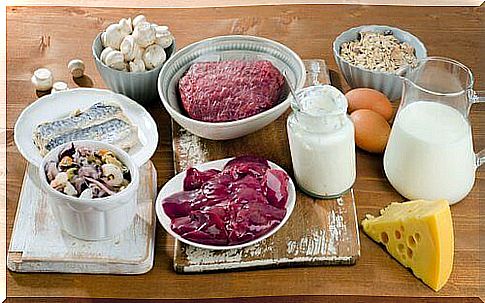
If cramping is a regular part of your life, it might be a good idea to take a look at the nutritional value of the foods you consume.
Make sure you get enough of the following nutrients:
- vitamin B12
- folic acid
- nicotinic acid
- vitamin E
- calcium
- magnesium
- potassium
- iron
Use olive oil
As soon as you feel pain, put a little olive oil on your hands and use it to gently massage the sore part of your body. Apply light pressure with your fingertips.
Take a warm bath
If this discomfort interferes with your evenings and reduces your sleep quality, it is best to do something about it right before bedtime. Warm up some water and take a bath to improve circulation in your legs and reduce the risk of muscle cramps.
Finally, remember that if none of these tips are helpful and you continue to experience muscle cramps, it is best to see your doctor to determine if you have a hormonal or circulatory problem.
In any case, don’t ignore your muscle cramps!


